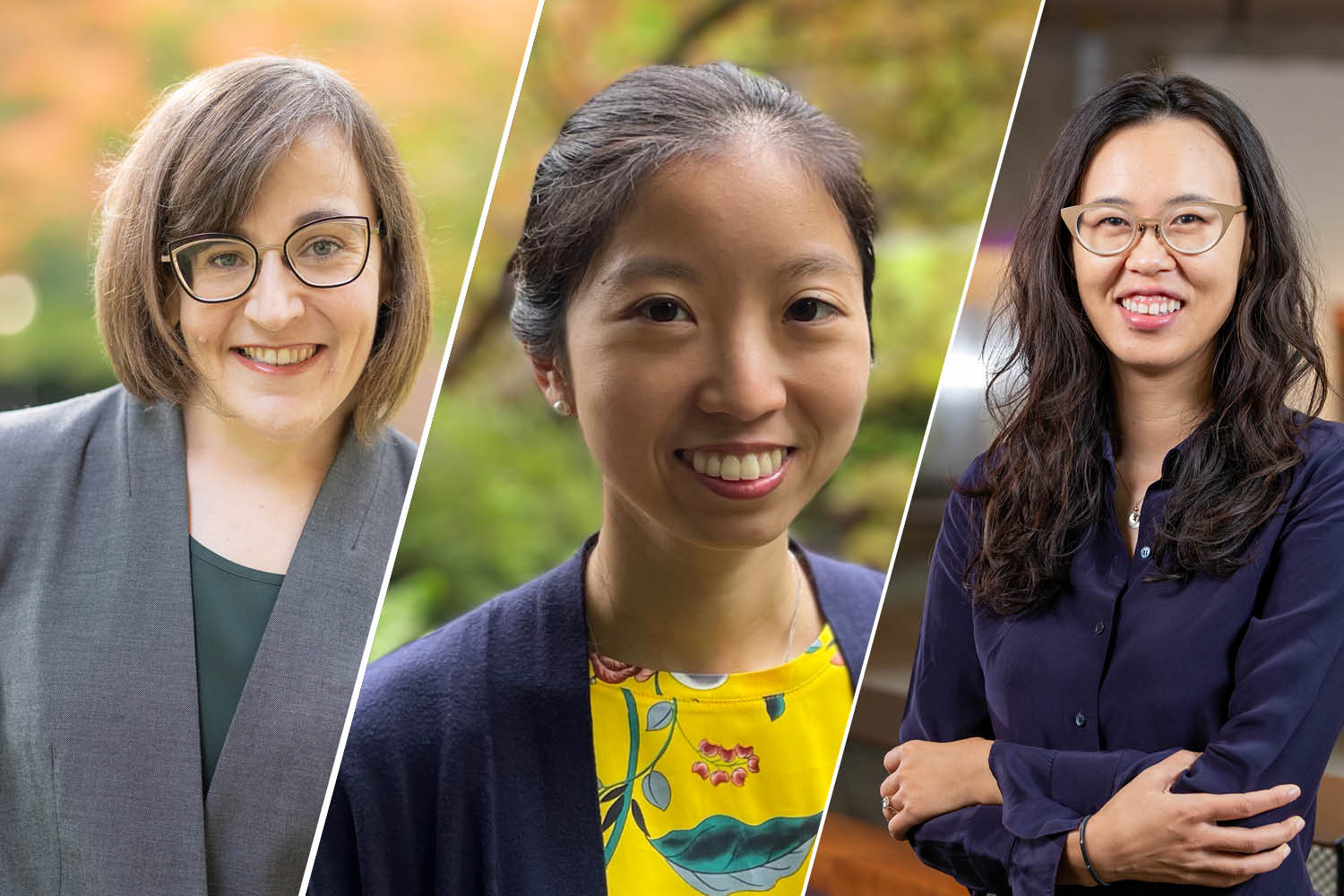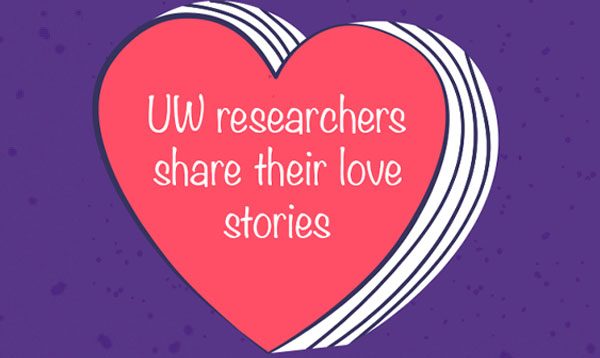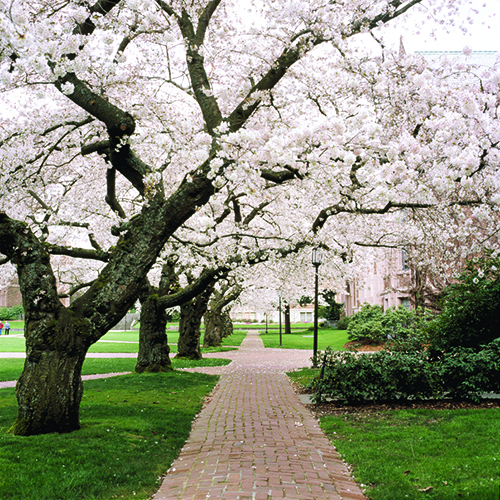-
March to remember Chinese expulsion in Seattle highlights immigrants
The event commemorated the 1886 expulsion of 350 of Seattles Chinese residents, who were forced to board a ship for San Francisco, where they were then deported to China. Connie So, teaching professor of American ethnic studies at the UW, is quoted.02/25/2025 | Northwest Asian Weekly -
After a string of incidents, some flyers are sticking with a surprising carrier: Spirit
Travelers frequently bemoan the ultra-budget airlines tiny seats, frequent delays, baggage fees, and lack of complementary snack and drinks. People love meme-ing the carrier, at the bare-minimum treatment on Spirits distinctive yellow planes. Jonathan Bricker, affiliate professor of psychology at the UW, is quoted.02/24/2025 | CNN -
DEI rollbacks highlight the uneasy relationship between corporations and Black consumers
DEI policies have been in the crosshairs since President Donald Trump arrived back in the White House. Many corporations have been proactively choosing to downsize their DEI programs or eliminate them completely. But one company is facing a unique level of backlash: Target.Timeka Tounsel, associate professor of Black studies in communication at the UW, is interviewed.02/20/2025 | KUOW -

Three UW scientists named Sloan Fellows
Three University of Washington faculty members have been awarded early-career fellowships from the Alfred P. Sloan Foundation. The new Sloan Fellows, announced Feb. 18, are Amy L. Orsborn, the Clare Boothe Luce assistant professor of electrical & computer engineering and bioengineering, Dianne J. Xiao, an assistant professor of chemistry in the College of Arts & Sciences, and Amy X. Zhang, an assistant professor of computer science in the Paul G. Allen School of Computer Science & Engineering.
02/18/2025 | UW News -
ChatGPT: Will you be my Valentine? More users are falling for AI companions
People are increasingly falling for their favorite chatbots, spending hours each day building relationships with their artificial lovers. Chatbot site Janitor AI told Semafor that users have started 2.1 million conversations with its Valentines Day bots since they went live on Tuesday, representing about a quarter of all interactions on the site and breaking the companys all-time daily user record. Pepper Schwartz, professor of sociology at the UW, is quoted.02/18/2025 | Yahoo! Life -
WA scientists plan to publish report on nature that Trump canceled
After President Donald Trump canceled a report on the state of nature in the United States, the scientists working on it many from the Seattle area say theyll continue their work and build on it. Phil Levin, professor of practice in environmental and forest sciences at the UW; Dr. Howard Frumkin, professor emeritus of environmental and occupational health sciences at the UW; Devon Pena, professor of anthropology at the UW and Josh Lawler, professor of environmental and forest sciences at the UW, are quoted.02/18/2025 | The Seattle Times -

Q&A: How 12 UW researchers fell in love with their research
For Valentine's Day, UW News asked 12 University of Washington researchers to share their love stories: What made them decide to pursue their career paths?02/13/2025 | UW News -
Proposed NIH funding cuts leave WA research institutions fearing fiscal chaos
Dozens of universities and scientific institutions across Washington state are facing hundreds of millions of dollars in immediate cuts to NIH-funded programs supporting cancer research, pediatric medicine and drug development. The move could disrupt clinical trials and trigger layoffs and sparked a 22-state federal lawsuit involving Washington. Carl Bergstrom, professor of biology at the UW; Marion Pepper, professor of immunology at the UW School of Medicine; and UW spokesperson Victor Balta are quoted. The UW's Washington National Primate Research Center is referenced.02/11/2025 | The Seattle Times -

Cool Courses for Spring Quarter 2025
It's time to think about spring quarter course registration! Check out these cool Arts & Sciences courses to be offered Spring Quarter 2025.
02/10/2025 | College of Arts & Sciences -
New journal co-founded by NIH nominee raises eyebrows, misinformation fears
The Journal of the Academy of Public Health claims to open up scientific communication. But its unusual editorial policies have some scientists concerned. Carl Bergstrom, professor of biology at the UW, is quoted.02/10/2025 | Science
